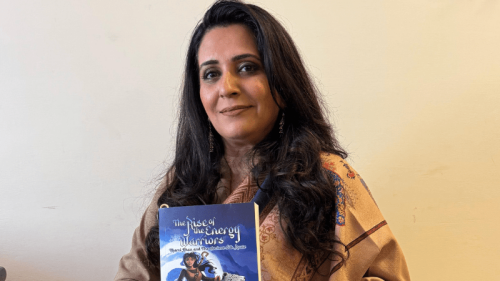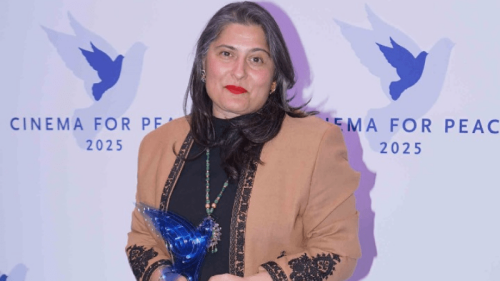TOBA TEK SINGH: Agricultural scientists at an international conference have stressed the need for collaborated and enhanced work on climate resilient, high yielding and fortified wheat varieties in order to ensure food and nutrition security amid the challenges of changing climate, ever-increasing population and productivity.
They said this at the inaugural session of two-day conference titled ‘Emerging technologies for crop improvement’, by the Department of Plant Breeding and Genetics; and Center for Advanced Studies, University of Agriculture Faisalabad (UAF) on Monday.
UAF Vice Chancellor Prof Dr Iqrar Ahmad Khan said that there was a huge gap between the productivity of progressive farmers and traditional farmers.
“We have to promote the latest trends in order to raise per acre productivity,” he said, adding that the UAF was developing the climate resilient wheat varieties in collaboration with Washington State University that will bring tangible results.
Sydney University Australia scientist Dr Richard Trerthowan spoke on achieving higher yields with high-breed of wheat. He said that a hybrid with enhanced yield that is buffed by superior abiotic and biotic stress tolerance that requires fewer inputs and products a more nutritious grain.
Dr Alex Johnson from the University of Melbourne, Australia, said that two billion people in the world are suffering from iron deficiency whereas zinc and other essential nutrients deficiency was wide spread. He said that they are collaborating with researchers at the UAF to explore the potential of genetically modified iron wheat.
Dr Kulvinder Singh from Washington State University, US, said that the world’s record of maximum wheat production is 17 tons per hectare, while the world’s average production is limited to only three tons.
He said that world record maximum yield of rice is 22 tons per hectare while the average yield is only four tons. He said that in his project, high yielding varieties of heat tolerant, heat tolerant germplasm from the heat stressed areas are collected and their field trials have been conducted in India, Nepal, Pakistan and Egypt. He said that field trials of new varieties were also being carried out at UAF which will yield positive results.
Department of Islamic Organisation for Food Security’s Dr Zulfiqar Ali said only seven of the 57 OIC countries are meeting the food security goals while the rest of the countries are facing food insecurity. He said that in 2019, the OIC countries were facing a food deficit of $65 billion, while low hanging food worth $300 billion go waste due to unavailability of food processing and other factors.
Founding Director of Wheat Genetics Resources Centre at Kansas State University Prof Dr Bikram Singh Gill called for utilising plant breeding to cope with climate changes. He said centre’s gene bank maintains more than 5,000 wheat genetics stocks, and offers opportunities for researchers to develop new genetic research that quickly improves crop yield, quality and food security.
Published in Dawn, February 20th, 2024












































Dear visitor, the comments section is undergoing an overhaul and will return soon.